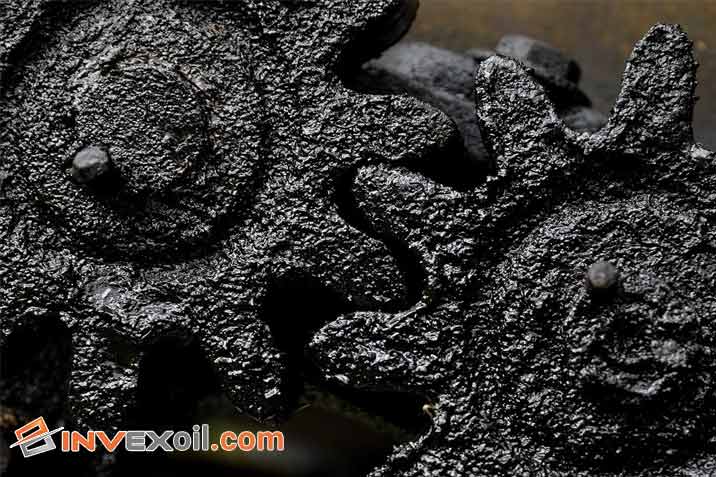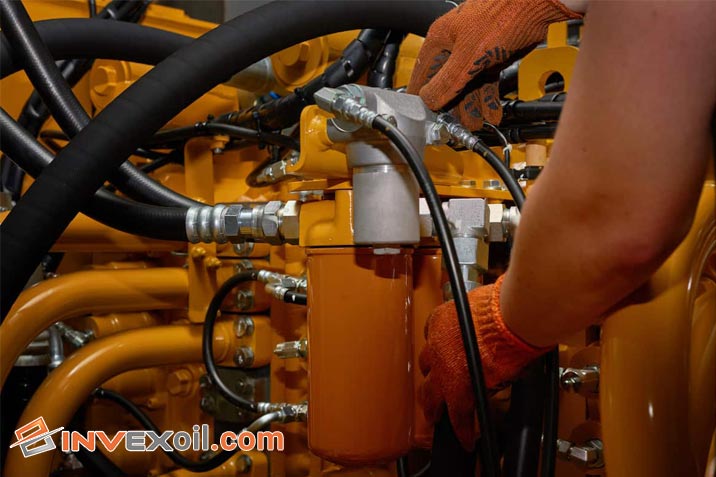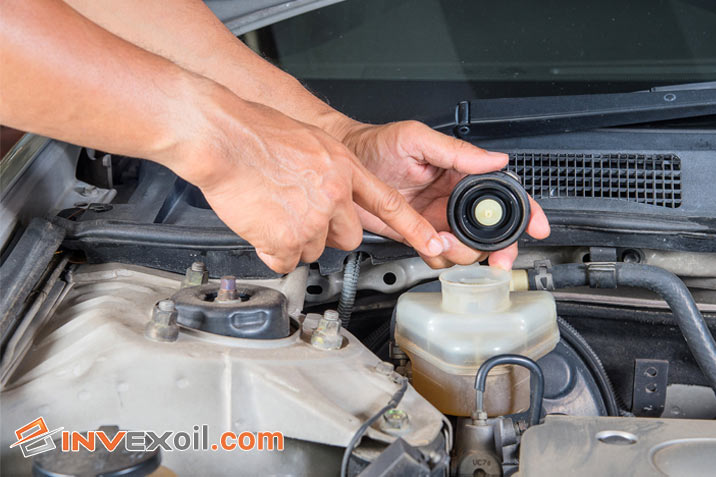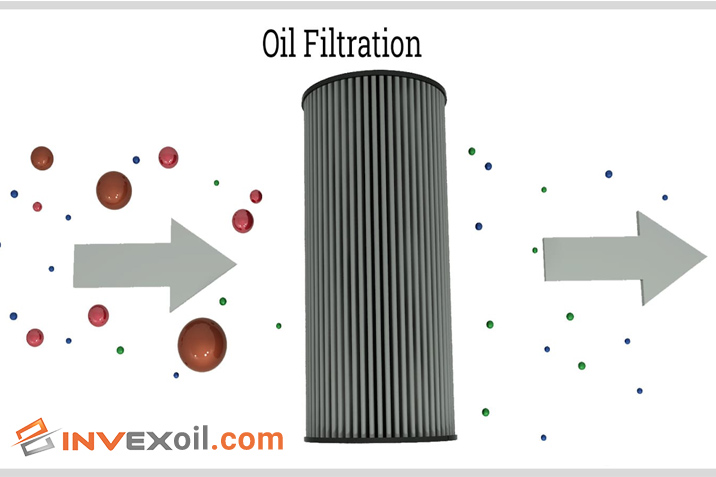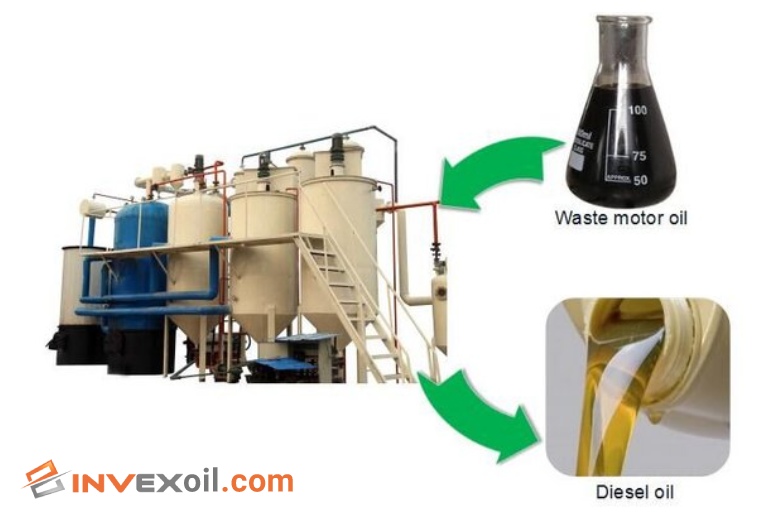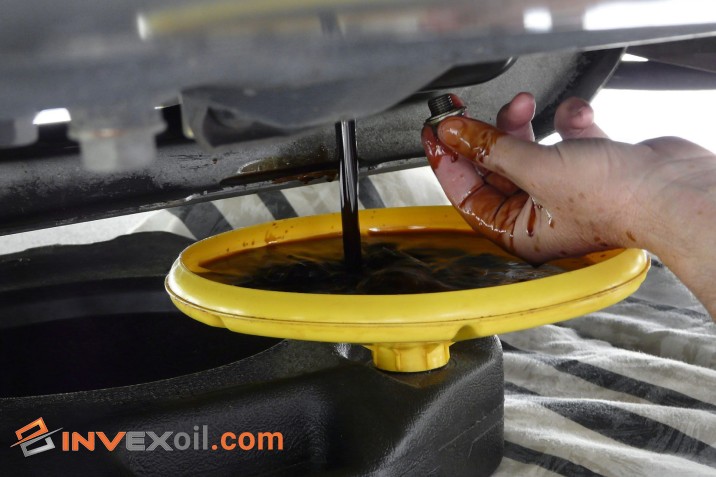Hydraulic fluid contamination jeopardizes system performance, impacting efficiency and longevity. As the lifeblood of hydraulic systems, clean fluid is essential for seamless power transmission. Contaminants like solid particles, water, air, and leaks disrupt fluid properties, leading to overheating, corrosion, cavitation, and reduced efficiency. As usual, prevention is the most valuable key, Something like optimal fluid selection, efficient design, regular maintenance, and proper Industrial oil filtration counter contamination’s effects safeguarding hydraulic systems and ensuring smooth operation. Follow this useful article to find all the answers to your questions.
Table of Contents
What is Hydraulic Fluid Contamination?
Hydraulic fluid contamination occurs when foreign substances infiltrate the hydraulic fluid, leading to detrimental effects on the overall performance and lifespan of hydraulic systems. This type of contamination takes various forms, each with its distinct challenges and consequences.
| Type of Contamination | Description |
| Over Heat | Elevated temperatures degrade fluid leading to reduced viscosity, impaired lubrication, and component wear. |
| Solid Particle Contamination | Foreign particles like dirt and debris enter the fluid, causing abrasion and clogging key components. |
| Water Contamination | Water presence leads to corrosion, compromised lubrication, and fluid instability. |
| Air Contamination | Air bubbles reduce efficiency and performance due to fluid density changes and cavitation risks. |
| Leakage | External contaminants infiltrate via leaks, compromising fluid quality and system functionality. |
Over Heat
Excessive temperatures pose a significant risk to hydraulic fluid integrity. When hydraulic fluid overheats, its viscosity decreases, leading to impaired lubrication and increased wear on system components. This results in reduced system efficiency and can escalate into severe damage.
| Factors Leading to Overheating | Effects of Overheating |
| Inadequate fluid cooling | Reduced viscosity and lubrication effectiveness. |
| Insufficient fluid circulation | Accelerated wear and tear on components. |
| Incorrect hydraulic fluid grade | Potential system malfunction and decreased efficiency. |
Solid Particle Contamination
Solid particle contamination arises from the intrusion of foreign particles like dirt, metal fragments, and debris into the hydraulic fluid. These particles introduce abrasive agents into the fluid, leading to wear and tear on system components, as well as clogging crucial passages.
| Effects of Contamination | Consequences of Particle Contamination |
| Abrasion of system components | Increased maintenance frequency and costs. |
| Clogging of vital passages | Impaired fluid flow and reduced system efficiency. |
| Reduced system performance | The shortened lifespan of hydraulic components. |
Water Contamination
Water contamination in hydraulic fluid can have far-reaching negative effects. When water is present in the hydraulic system, it leads to corrosion of components, diminishes the effectiveness of lubrication, and compromises the overall stability of the fluid.
| Effects of Water Contamination | Consequences of Water Intrusion |
| Component corrosion | Decreased system lifespan and performance. |
| Lubrication degradation | Increased risk of wear and tear on components. |
| Fluid stability compromise | Reduced fluid effectiveness and system reliability. |
Air Contamination
Air contamination occurs when air bubbles enter the hydraulic fluid. These bubbles lead to density changes in the fluid, affecting its efficiency and causing potential cavitation, which can result in damage to system components.
| Effects of Air Contamination | Risks and Potential Consequences |
| Decreased fluid density | Reduced hydraulic system efficiency. |
| Cavitation risks | Component damage due to cavitation effects. |
| Reduced overall system performance | Increased maintenance requirements. |
Leakage
Hydraulic fluid contamination through leakage involves external contaminants, such as dirt and moisture, entering the hydraulic system. This can significantly compromise fluid quality and system performance.
| Effects of Contamination via Leakage | Consequences of External Ingress |
| Reduced fluid purity | Impaired fluid effectiveness and performance. |
| Component wear and tear | Increased maintenance and repair needs. |
| System inefficiency | Decreased overall hydraulic system efficiency. |
Preventing Contamination of Hydraulic Fluid
Maintaining the purity of hydraulic fluid is crucial to the longevity and effectiveness of hydraulic systems. To safeguard against various types of contamination, it’s imperative to implement specific prevention measures for each type. Taking proactive steps can prevent costly damage and ensure optimal system performance.
Key Prevention Measures:
- Regular maintenance checks to detect contamination early.
- Selecting the appropriate hydraulic fluid grade for optimal temperature control.
- Ensuring proper system design for efficient cooling.
- Employing effective filtration systems to remove contaminants.
- Maintaining seals and gaskets to prevent external intrusion.
- Implementing clean maintenance procedures to prevent particle ingress.
- Utilizing water-resistant hydraulic fluid to minimize water intrusion.
- Installing breathers or desiccant filters to counteract water contamination.
- Implementing proper fluid filling techniques to minimize air inclusion.
- Using air eliminators or deaerators to reduce air contamination risks.
- Conducting routine inspections to identify and address leaks promptly.
- Employing high-quality seals and connections to prevent leakage pathways.
| Type of Contamination | Prevention Measures |
| Over Heat | Select the right fluid grade and design for cooling. |
| Solid Particle Contamination | Use effective filtration, seals, and maintenance. |
| Water Contamination | Employ water-resistant fluid and breathers. |
| Air Contamination | Implement proper filling and air elimination. |
| Leakage | Perform regular inspections and use quality seals. |
Prevent overheating of hydraulic oil
Overheating poses a significant threat to hydraulic systems. Proper management of hydraulic fluid temperature is essential to prevent viscosity reduction, lubrication impairment, and component wear. Experts recommend keeping oil temperatures below 60 degrees Celsius to maintain system efficiency and integrity.
Key Steps to Mitigate Overheating:
- Select hydraulic fluid with appropriate viscosity and temperature range.
- Optimize system design for efficient heat dissipation.
- Maintain proper fluid circulation through efficient pump and reservoir design.
- Implement cooling mechanisms like coolers or heat exchangers.
| Prevention Measures for Overheating | Benefits and Effects |
| Proper fluid selection and viscosity | Enhanced fluid performance. |
| Efficient system design | Reduced wear on system components. |
| Adequate fluid circulation | Maintained optimal system efficiency. |
| Cooling mechanisms implementation | Prevention of overheating effects. |
Effective Strategies for Solid Particle Contamination Prevention
Preventing solid particle contamination is crucial to ensuring the smooth operation of hydraulic systems. Effective measures can be taken to minimize the entry of foreign particles, which can cause abrasion and clog key system components.
- Implement high-quality filtration systems to trap particles.
- Maintain seals and gaskets to prevent particle intrusion.
- Adhere to clean maintenance practices to minimize particle introduction.
| Prevention Methods for Particle Contamination | Advantages and Consequences |
| Filtration system implementation | Improved system efficiency. |
| Seals and gaskets maintenance | Prolonged component lifespan. |
| Clean maintenance procedures | Reduced risk of particle intrusion. |
Water Contamination and its Prevention Methods
Water contamination can compromise hydraulic fluid quality and system integrity. Preventive measures can help minimize the presence of water in hydraulic systems and mitigate the damaging effects of water contamination.
Effective Steps to Prevent Water Contamination:
- Regularly inspect the system for potential sources of water ingress.
- Utilize water-resistant hydraulic fluid.
- Install breathers or desiccant filters to remove moisture from the system.
| Techniques for Preventing Water Contamination | Positive Outcomes |
| System inspection for water sources | Minimized water entry risk. |
| Use of water-resistant hydraulic fluid | Enhanced fluid stability. |
| Breathable filters installation | Effective moisture removal. |
Prevent Air Contamination
Preventing air contamination in hydraulic systems is essential for maintaining fluid integrity and system efficiency. Proper procedures and equipment can minimize the inclusion of air bubbles in hydraulic fluid.
Steps to Prevent Air Contamination:
- Implement proper fluid-filling techniques.
- Minimize system cavitation risks.
- Utilize air eliminators or deaerators.
| Measures to Prevent Air Contamination | Benefits and Advantages |
| Correct fluid-filling techniques | Reduced air inclusion in the fluid. |
| Cavitation risk minimization | Prevented system damage. |
| Air eliminators or deaerators utilization | Enhanced fluid purity and efficiency. |
Leakage Prevention Strategies
Preventing contamination through leakage pathways is critical to maintaining hydraulic fluid purity. Regular inspections, prompt addressing of leaks, and proper seal usage are key to preventing external contaminants from compromising system performance.
- Conduct routine inspections to identify leaks early.
- Address leaks promptly to prevent further contamination.
- Utilize high-quality seals and connections to prevent leakage pathways.
| Leakage Prevention Methods | Significance and Benefits |
| Routine inspections for early leak detection | Prevented fluid contamination. |
| Prompt leak addressing | Minimized system damage. |
| High-quality seals and connections | Maintained system integrity. |
Hydraulic Filtration: Necessity and Functionality
Hydraulic filters stand as vital guardians of hydraulic systems in various industries. These filters contribute significantly to the longevity and efficient operation of hydraulic systems by preventing contamination and maintaining fluid purity.
Why Hydraulic Filters Matter:
- Filters prevent contaminants from entering the hydraulic system.
- They safeguard sensitive components from damage.
- Filters help maintain the cleanliness and quality of hydraulic fluid.
By promoting fluid purity, they enhance overall system performance.
Advantages of Hydraulic Oil Filters
Hydraulic oil filters offer a multitude of advantages, making them indispensable components in hydraulic systems.
Key Benefits of Hydraulic Oil Filters:
| Advantages of Hydraulic Oil Filters | Significance and Effects |
| Elimination of foreign particles | Prolonged fluid and component lifespan. |
| Protection against solid particle contamination | Reduced wear and tear on system components. |
| Maintenance of optimal system efficiency | Enhanced hydraulic system performance. |
| Reduced maintenance costs | Savings through decreased maintenance needs. |
| Contribution to system longevity | Extended lifespan of the hydraulic system. |
Types of Hydraulic Fluid Filtration
The world of hydraulic fluid filtration comprises different approaches, each tailored to specific filtration needs. These approaches ensure the purity and efficiency of hydraulic systems.
Varieties of Hydraulic Fluid Filtration:
- Low-Pressure Filters: Designed for capturing larger particles to prevent their entry into vital components.
- Heavy Filtration: Targets fine particles, ensuring high fluid purity and system reliability.
- Standard Pressure Filters: Balances particle removal with pressure drop considerations, making them versatile for various hydraulic systems.
| Filtration Type | Purpose and Advantages |
| Low-Pressure Filters | Captures larger particles, protecting components. |
| Heavy Filtration | Ensures high fluid purity and system reliability. |
| Standard Pressure Filters | Balances particle removal and pressure drop. |
Low-Pressure Filters
Low-pressure filters play a pivotal role in maintaining hydraulic system integrity by capturing larger particles and contaminants that might otherwise compromise critical components.
Why Low-Pressure Filters Matter:
- Prevents entry of larger contaminants into sensitive areas.
- Ensures smoother fluid flow and reduced component wear.
- Enhances overall system performance and longevity.
Heavy Filtration
Designed for heavy-duty applications, heavy filtration systems excel in targeting fine particles and contaminants that might evade other filters, guaranteeing high fluid purity and dependable system operation.
Advantages of Heavy Filtration:
- Ensures removal of even the smallest particles.
- Maximizes fluid cleanliness and stability.
- Ideal for systems requiring the utmost purity and reliability.
Standard Pressure Filters
Standard pressure filters find their place in hydraulic systems where maintaining a balance between particle removal efficiency and pressure drop considerations is paramount.
Balancing Act of Standard Pressure Filters:
- Effective removal of contaminants without sacrificing fluid pressure.
- Versatility in various hydraulic system setups.
- Ensures both particle-free fluid and system efficiency.
Conclusion
In the intricate realm of hydraulic systems, the importance of contamination control is paramount. Recognizing the various sources and consequences of hydraulic fluid contamination is pivotal. By deploying tailored preventive measures, such as strategic filtration methods and efficient maintenance, the integrity and operational excellence of hydraulic systems can be preserved. In this pursuit, the significance of contamination control resonates, ensuring hydraulic systems thrive with optimal efficiency, reliability, and durability.
FAQ
What is hydraulic fluid contamination?
Hydraulic fluid contamination refers to the presence of foreign particles, water, air, or leaks in the fluid, negatively impacting system performance.
How does contamination affect hydraulic systems?
Contamination can lead to overheating, component wear, reduced efficiency, and compromised lubrication, impacting the overall reliability and longevity of hydraulic systems.
What preventive measures can be taken?
Preventive actions include selecting appropriate fluid grades, efficient system design, regular maintenance, and utilizing effective filtration methods to mitigate hydraulic fluid contamination risks.

Hello, This is Matteo Hudson Copywriter from InvexOil. We are here to provide super-important content to help you learn more easily and be involved in the world of Petroleum and Chemistry. We are here to answer your questions, help you to have better services, and also find the best solution for your problems. Don’t be shy and ask your questions in the comment box or call our number. If you want to connect with me directly, you can search for my name on Linkedin.

